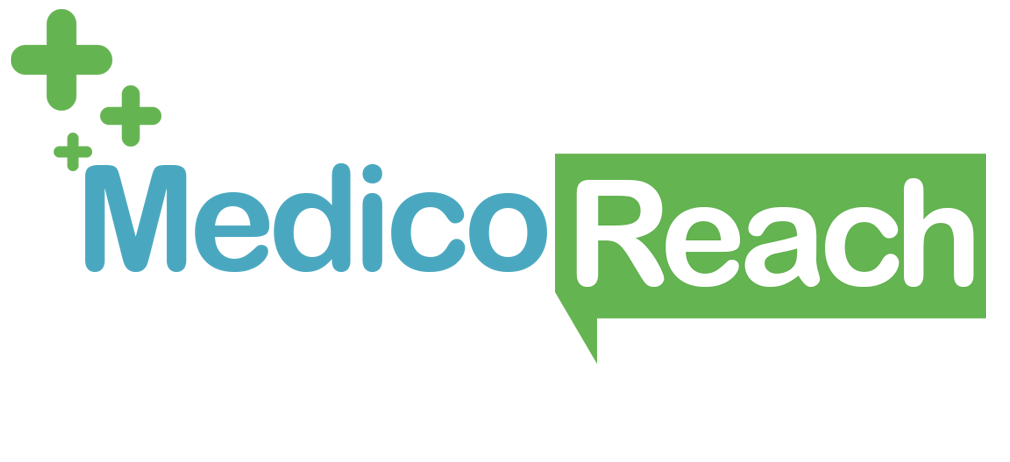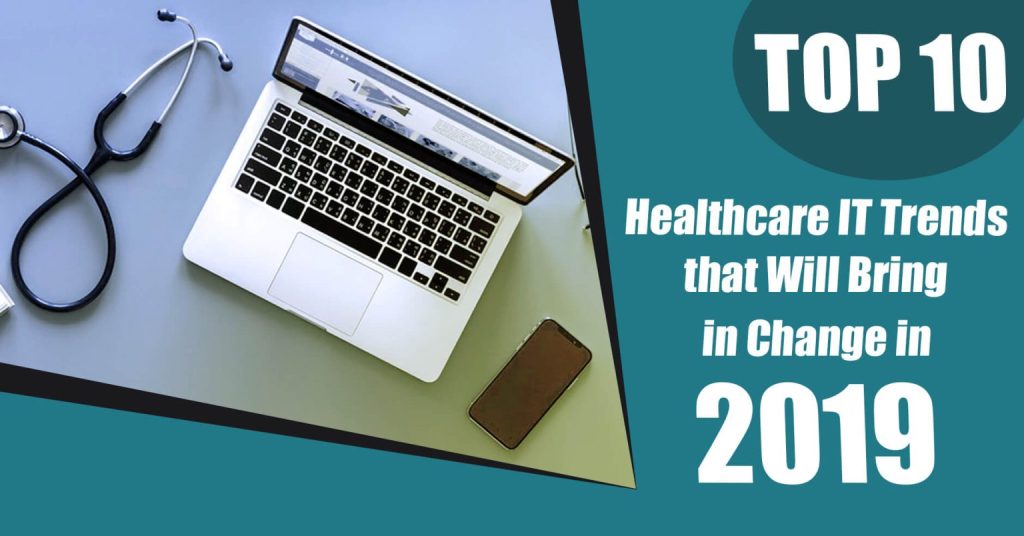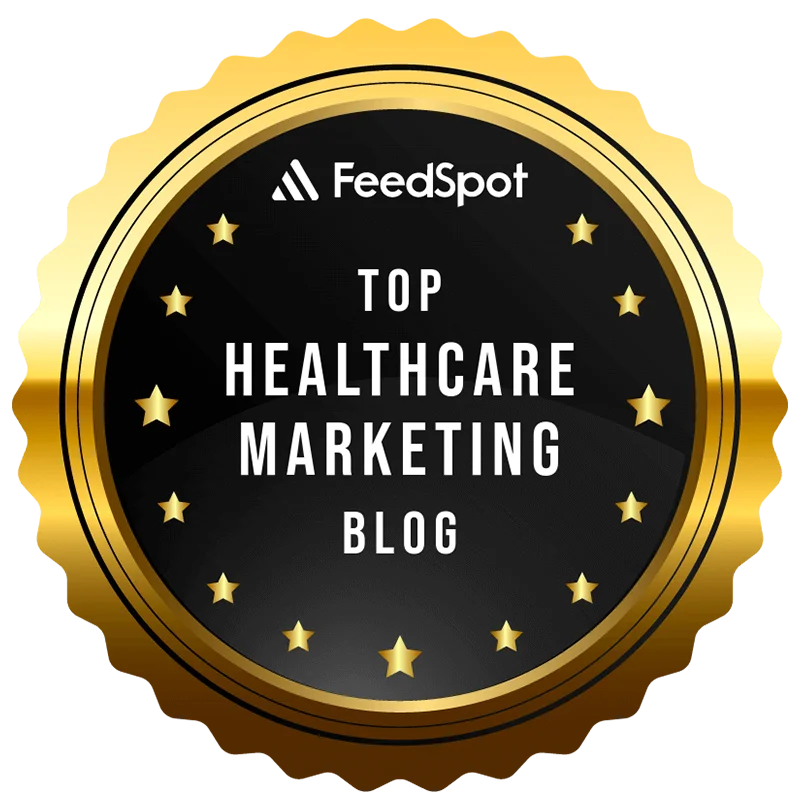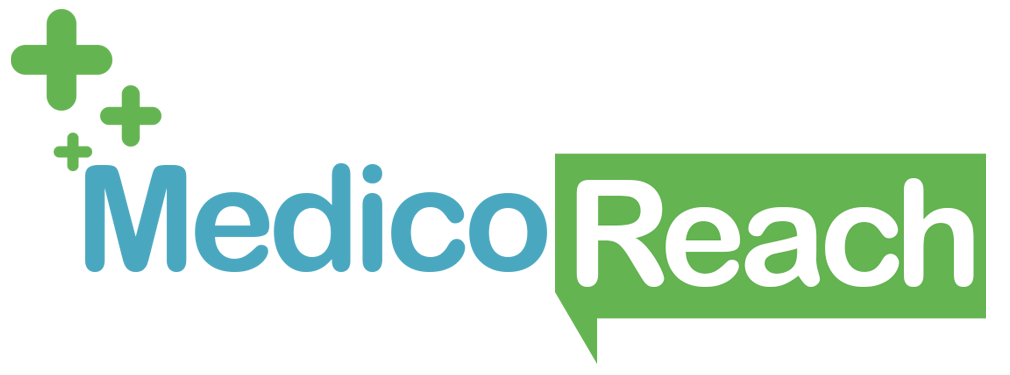The healthcare industry has seen a drastic transformation in the last few years. With advanced technologies and huge investments making news, the industry is looking promising both for the healthcare service providers as well the patients.
Growing importance to patient-centric care is gaining momentum. Also, as Affordable care programs make healthcare services more accessible and budget-friendly, patients are expecting better care in the future.
As the New Year starts, experts and industry influencers are already ready with their market predictions. So, here are some eleven trends that the healthcare industry is expecting to impact their functionalities in 2019:
IT to Boost Patient Engagement

In the last few years, healthcare operations have become highly patient-centric. From innovations to advanced care models, everything is in line keeping in mind the patient’s requirements. An increasing number of healthcare organizations are investing in IT to make patient’s interaction with the healthcare system seamless and convenient.
Now, the primary use of technology revolves around how to better engage with patients. As a result, hospitals are likely to invest further in IT in the New Year as well. Their aim to make care services more accessible to patients via medical apps, portals, and remote monitoring will continue in 2019.
Digitalization Will Continue to Expand

Keeping pace with the latest digital uprising, the healthcare sector is embracing the digital wave with open arms. In an industry like healthcare, digitalization of traditional care models and practices has become common. The move to upgrade the existing system with advanced and efficient digital technologies are getting positive responses.
In the last ten years, there is quite a lot increase in the number of medical practices adopting digital technologies. The trend is going to continue in this year with more investments pouring in for packaged solutions that offer technical assistance with financial benefits. Big brands like Amazon, Google, Apple, and others are reinventing healthcare with voice technology. In 2019, we can expect more digital innovations in the industry from these companies.
Increasing Use of AI and Machine Learning

The potentiality of AI and machine learning has grown over the years with an increasing number of research and applications. Especially in the healthcare industry, the implementation of machine learning and artificial intelligence has seen a tremendous increase. Now, machines are being trained to act like humans and to perform clinical functions and do administrative works. As a result, the number of AI deals in the healthcare industry has seen an increase from 20 to 100 between 2012 and 2018. With recent announcements and projects lined up, we can expect that in the New Year, many more AI innovations are bound to happen.
For instance, Google is already ready with its AI project that will help diagnose eye diseases. Even Apple is also investing in research kit and framework based on machine learning to help medical researchers. We can further expect a lot of innovations coming up in robotics and deep learning applications in the healthcare sector in 2019.
Virtual Care to Become More Mainstream

Affordable care has become the highlight and the focusing point for healthcare providers. In order to offer care without constraining the patient’s pocket, providers are promoting virtual care more. With the use of remote patient monitoring devices, now care is available to patients at affordable prices. The cost of travel and hospital stay has also gone down with the involvement of telemedicine and virtual care setup. Especially the millennials are keen on using Telehealth services and services driven by virtual reality.
Virtual reality is the technology that serves multiple purposes. And so the use of VR is likely to multiply in number in the future. That is why reports estimate that by 2020, the global VR market will reach $3.8billion. That’s a huge number to say. Medical and pharmaceutical companies are taking complete advantage of VR technology to help patients, improve care, and develop advanced medicines with less cost. Even VR experiences are greatly assisting in the training of healthcare professionals.
More Healthcare Providers to Turn to Cloud Infrastructure
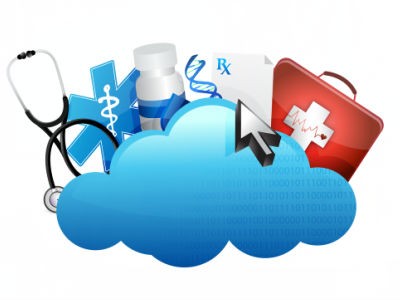
In a sector like healthcare, where sensitive patient data and critical decisions are accessed, transferred and exchanged via networks, security is of utmost priority. Shifting to the cloud offers a more reliable, secure and cost-effective option to hospitals. Moreover, the cost to hire IT professionals to manage on-premise IT infrastructure is also high today. As a result, hospitals especially smaller ones struggle to maintain and manage their IT infrastructure. But lately, they have understood the importance and usefulness of shifting their IT infrastructure to cloud. And so, the adoption of cloud is going to see a considerable rise in the days to come. However, the decision on which application to use in the cloud for storing health and clinical data will solely depend on patients as they will have full control.
Population Health Management to Become Organized

The technological innovation is enabling providers to effectively use clinical data in segmenting patients for better optimization of care and cost. Technology will help providers to segment the patient population and cater to specific illnesses, and care needs accordingly. Through private partnerships, platform integrations and focus on value-based care, providers will integrate technology for better decision-making.
Improved Interoperability
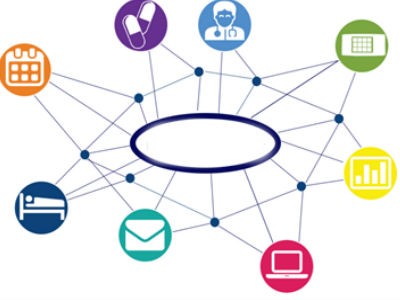
In the healthcare industry, the ability of machines to exchange critical information within the network of healthcare professionals and the patient is crucial. This is because the functional teams need to have this digital information to improve clinical decisions. Hence, the exchange of data has to be seamless and efficient across the critical system to help offer value-based care to patients. Also, with increasing patient’s demand for data sharing, we can expect that providers will pay particular attention to improving interoperability in 2019.
Increase in EHR Optimization
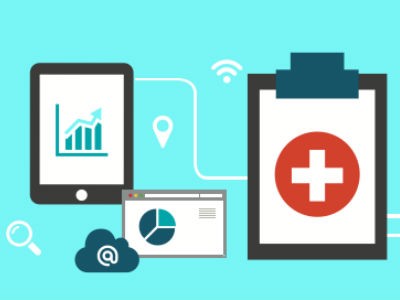
Already the healthcare providers are increasingly embracing electronic health record (EHR) systems for efficient storage and data maintenance. However, the EHR has a lot more potential than the purpose it is serving in the present. And so, providers are allocating budget to spend on making EHR systems more interactive and responsive. This transformation is undoubtedly going to improve the delivery of care. The initiatives and efforts to add new platforms and infrastructure to the EHR platforms are going to soar up in 2019. Leveraging AI, now EHRs will be able to do a lot more. The innovative touch will help automate the process of documentation and clinical billing and care related tasks. With further advancements and improvements in the record-keeping system, more providers are finding it lucrative to adopt EHR.
Strengthening Security System to Protect Patient Data

Healthcare industry is prone to cyber attacks and various security threats. As a lot of sensitive data keeps circulating within the industry, hackers find healthcare industry the easy target. Hence, providers are always in need to keep their security measures in place all the time. Healthcare companies are investing in security efforts to prevent intrusion and data theft. Especially investment is increasing in technologies such as encryption, advanced antivirus software, and other deception detection tools.
Moreover, with the introduction of IoT, the industry is now expected to face more cyber attacks in the future. Hence in 2019, we can expect a lot of effective investments and measures in the security system of healthcare organizations. With the number of unprotected IoT devices increasing, the coming days is going to see massive cyber attacks says the experts.
Value-based Care to Shine

The industry is witnessing a change in approach. Now, providers are shifting from fee-for-service to value-based care. The trend is going to strengthen in the days to come. With a view to reform healthcare services, value-based care programs encourage providers to provide quality care to patients. Under the program, the providers get a reward in the form of incentives if they provide quality care to Medicare patients. Also, providers according to this care model charge patients only for the healthcare service delivered and nothing extra.
As a result, value-based care is becoming more significant for both providers and patients. We can see further emphasis given to value-based care model in the New Year as well.
It’s a Wrap
With advancements in AI application, analytics and growing amount of patient data, the importance of effective use of clinical data in reference to real-world evidence is likely to increase. More healthcare systems will focus on the existing database to improve their operational efficiency and clinical decisions.
With apps and data liquidity integrations into the EHR, better use of refined clinical evidence is sure to happen. Providers will make the best use of technology to leverage data in making informed decisions for better care services.
